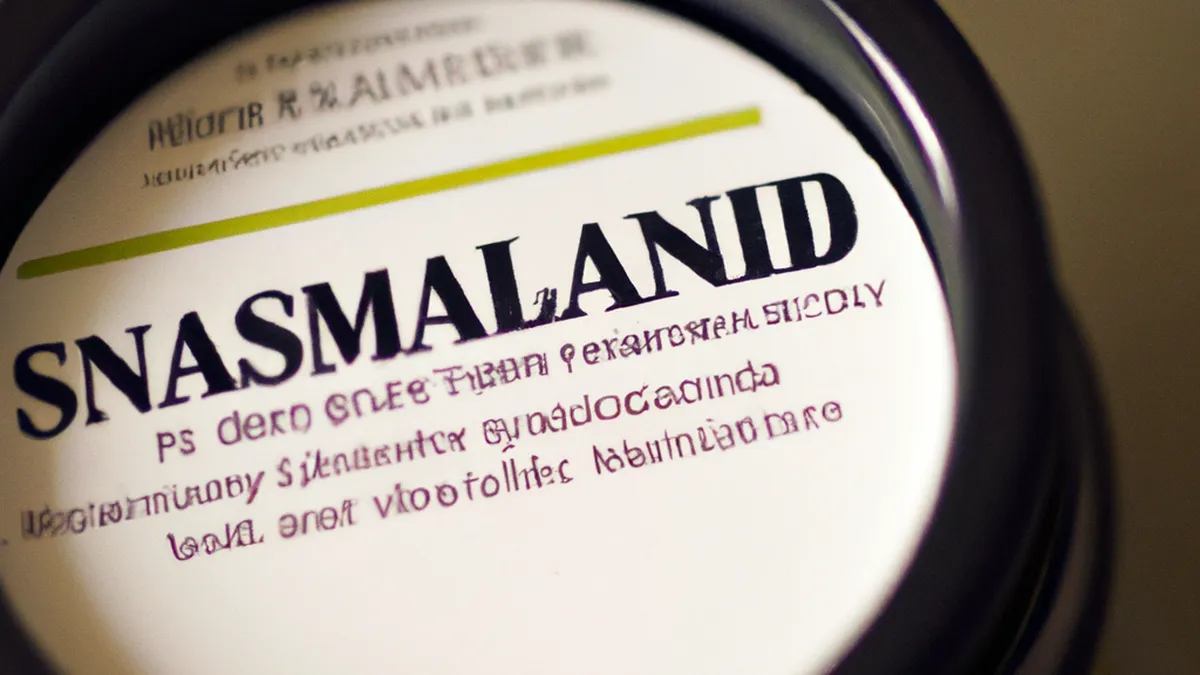Don’t Let Electrolyte Imbalance Ruin Your Race
Electrolyte Balance on Race DayRace day excitement energizes athletes to push their limits. Runners, cyclists, and triathletes prepare their bodies and minds for peak performance. However, electrolyte balance often gets overlooked in the pre-race frenzy. Proper electrolyte management can make or break your race. Let’s explore why electrolytes matter, how they affect performance, and strategies for maintaining balance on race day.
Understanding Electrolytes
Electrolytes are charged minerals in your body that play essential roles in physiological functions. The most critical electrolytes include sodium, potassium, calcium, and magnesium. These minerals regulate muscle contractions, maintain hydration levels, and facilitate nerve function.During intense exercise, especially in hot conditions, your body loses electrolytes through sweat. The amount lost varies based on sweat rates, environmental conditions, and exercise intensity. Thus, you must hydrate adequately and replenish these essential minerals.
Why Electrolyte Balance Matters
Maintaining electrolyte balance is vital for optimal performance on race day. An imbalance can cause fatigue, muscle cramps, and heat-related illnesses. Your body demands more fluids and electrolytes during a race. Failing to replenish them risks dehydration, slowing you down and diminishing your performance.A mere 2% loss of body weight due to dehydration can significantly impair athletic performance. This impairment can decrease endurance and increase perceived exertion and injury risk. Ensuring adequate electrolyte levels is a necessity for success.
Signs of Electrolyte Imbalance
Stay vigilant about your body’s signals. Watch for signs of electrolyte imbalance before and during your race. Symptoms often include:- **Muscle cramps:** Sudden, painful contractions that can debilitate.- **Dizziness or lightheadedness:** Faintness that hinders your ability to continue.- **Nausea:** A queasy stomach that makes fluid or food consumption difficult.- **Fatigue:** Unexplained tiredness signaling your body struggles to maintain balance.If you experience any symptoms, consider adjusting your electrolyte intake. Addressing these signs early helps you stay on track and perform your best.
Tips for Maintaining Electrolyte Balance
As an Amazon Associate I earn from qualifying purchases.
Gear tip: consider sodium tablets, electrolyte mix, and soft flask to support this topic.
Keeping your electrolytes in check on race day is crucial for performance and safety. Follow these practical tips to ensure your body stays balanced and ready for the challenge ahead.
Hydrate Early
Start hydrating well before race day. Drink water consistently for several days leading up to the event.
Conclusion
In summary, maintaining electrolyte balance is essential for peak performance on race day. Proper hydration and mineral replenishment can enhance your success.
Below are related products based on this post:
FAQ
What are electrolytes and why are they important?
Electrolytes are charged minerals such as sodium, potassium, calcium, and magnesium that are essential for various physiological functions. They regulate muscle contractions, maintain hydration levels, and facilitate nerve function, making them crucial for athletic performance.
What happens if I have an electrolyte imbalance on race day?
An electrolyte imbalance can lead to fatigue, muscle cramps, and heat-related illnesses, which can severely impair your performance. Even a small loss of body weight due to dehydration can decrease endurance and increase perceived exertion, making it vital to maintain balance.
How can I maintain my electrolyte balance before and during a race?
To maintain electrolyte balance, start hydrating well before race day and continue to drink water consistently. Additionally, monitor your body for signs of imbalance, such as muscle cramps or dizziness, and adjust your electrolyte intake as needed to ensure optimal performance.















Post Comment